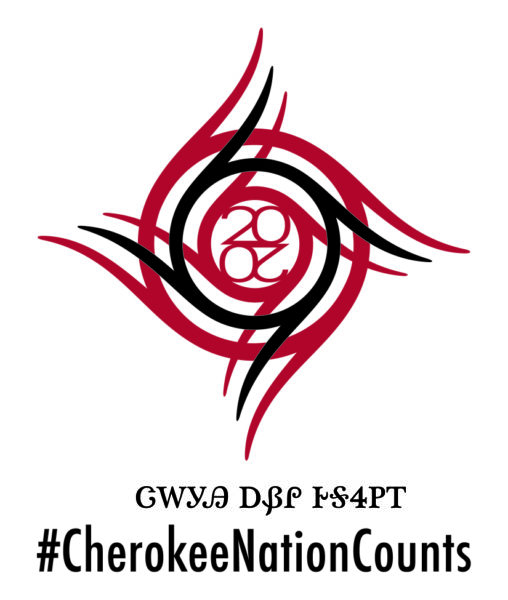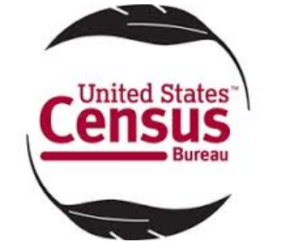
- Details
- By Native News Online Staff
#CherokeeNationCounts campaign will help ensure tribe receives crucial funding and grant opportunities
TAHLEQUAH, Okla. — The Cherokee Nation has kicked off its 2020 Census efforts by introducing its #CherokeeNationCounts campaign. The Cherokee Nation is urging all tribal citizens to make sure they completely fill out the Census form.
The Cherokee Nation says filling out the Census form will help to ensure the tribe receives key funding for programs including Indian Health Service and housing allocations through Housing and Urban Development during this new decade.
Cherokee Nation officials cite the 2010 Census, saying some of its tribal communities in Sequoyah and Adair Counties had a lower Census participation rate. Nationally, there was also under-reporting of children under the age of 5.

“We’re launching a #CherokeeNationCounts campaign to tell our tribal citizens to fill out the 2020 US Census, because if we aren’t all counted, we leave money on the table,” Principal Chief Chuck Hoskin Jr. said. “The Cherokee Nation estimates for every one Cherokee Nation citizen who doesn’t get counted, it’s a loss of about $50,000 in federal funding over the course of a decade that helps our tribal programs and services.”
By April 1, each home will receive an invitation to participate in 2020 Census either online, by mail or telephone.
Aside from its impact on funding, an accurate count in the Census helps Cherokee Nation better understand the demographics and needs of tribal communities — not only in Oklahoma, but across the United States.
The tribe has established a Complete Count Committee, made up of tribal departments staff, to educate tribal committees about the 2020 Census and how to accurately complete it.
The Complete Count Committee wants to assure tribal citizens that information submitted as part of the 2020 Census is confidential and protected by federal law, and will not impact tribal citizens’ housing, income or custody arrangements.
More information is also available at 2020census.gov.
More Stories Like This
Native News Weekly (August 25, 2024): D.C. BriefsUS Presidents in Their Own Words Concerning American Indians
Two Murdered on Colville Indian Reservation
NDAA passes House; Lumbee Fairness Act Advances
NFL, Vikings to Host Native All-American Game, Youth Flag Clinic
Help us defend tribal sovereignty.
At Native News Online, our mission is rooted in telling the stories that strengthen sovereignty and uplift Indigenous voices — not just at year’s end, but every single day.
Because of your generosity last year, we were able to keep our reporters on the ground in tribal communities, at national gatherings and in the halls of Congress — covering the issues that matter most to Indian Country: sovereignty, culture, education, health and economic opportunity.
That support sustained us through a tough year in 2025. Now, as we look to the year ahead, we need your help right now to ensure warrior journalism remains strong — reporting that defends tribal sovereignty, amplifies Native truth, and holds power accountable.
 The stakes couldn't be higher. Your support keeps Native voices heard, Native stories told and Native sovereignty defended.
The stakes couldn't be higher. Your support keeps Native voices heard, Native stories told and Native sovereignty defended.
Stand with Warrior Journalism today.
Levi Rickert (Potawatomi), Editor & Publisher

